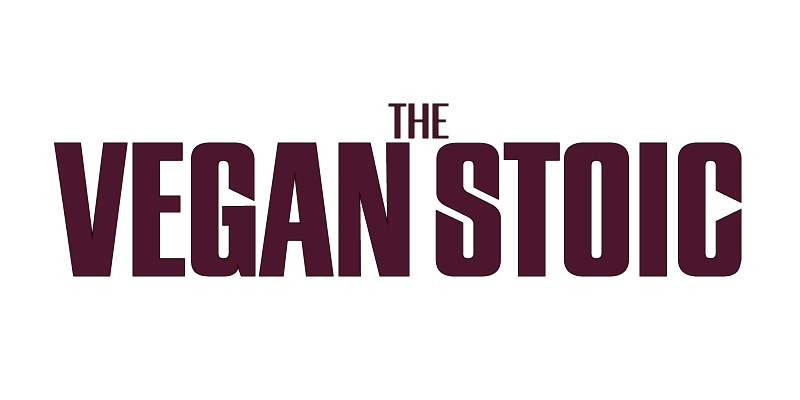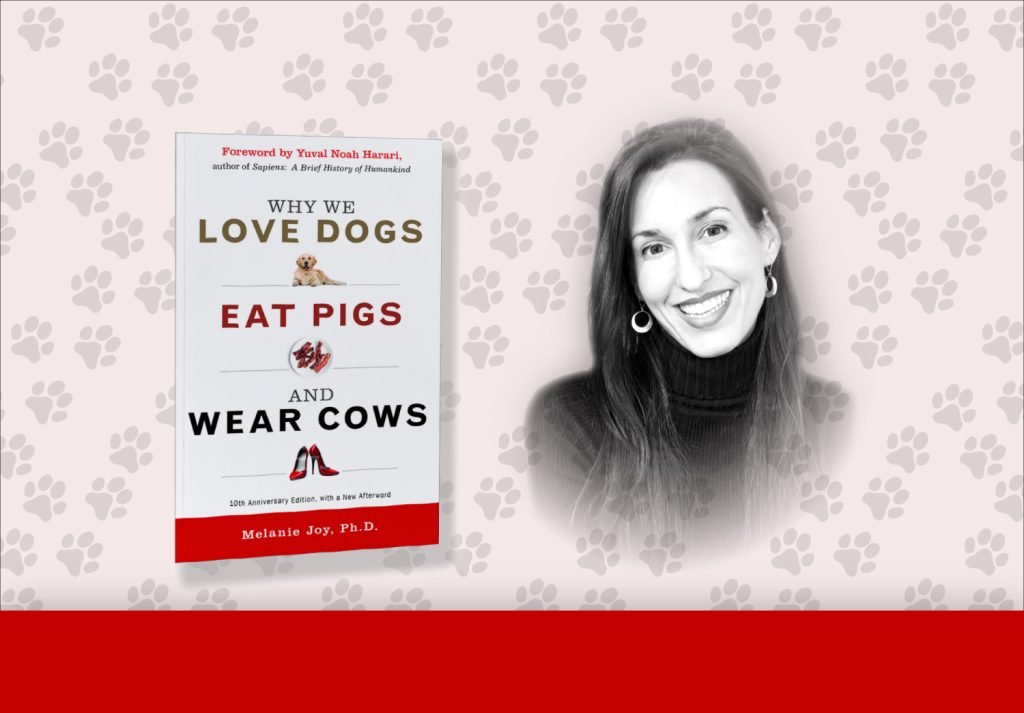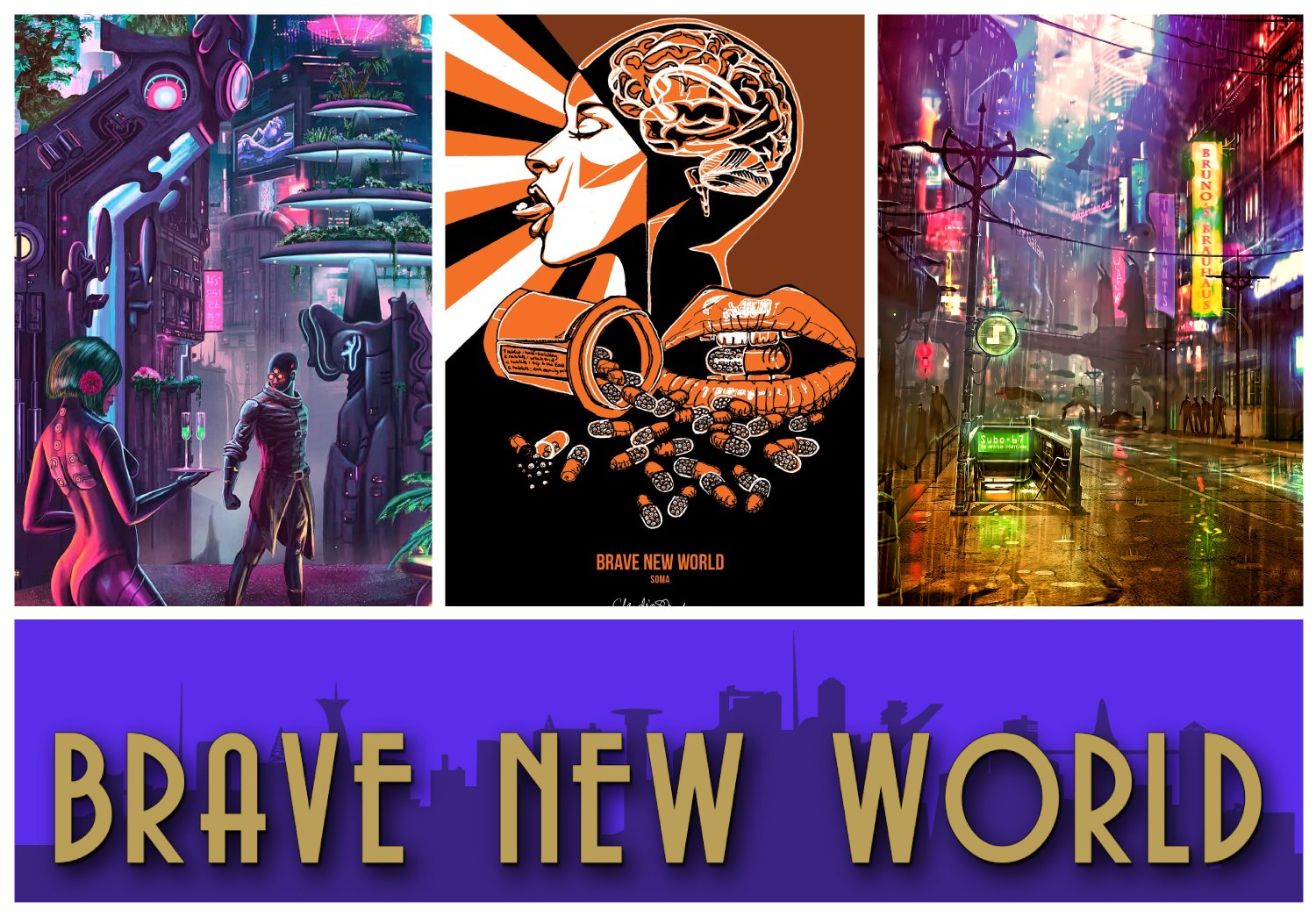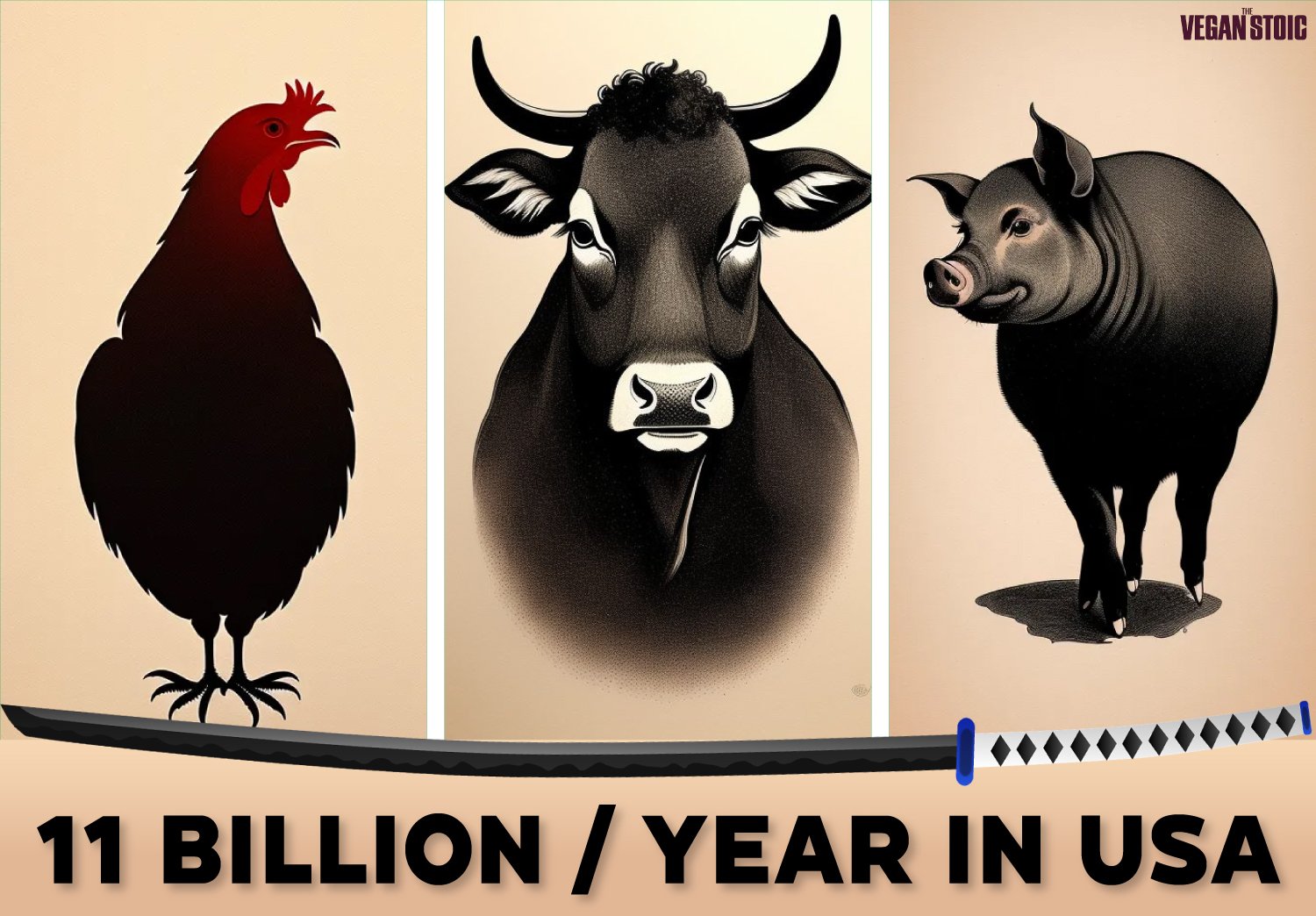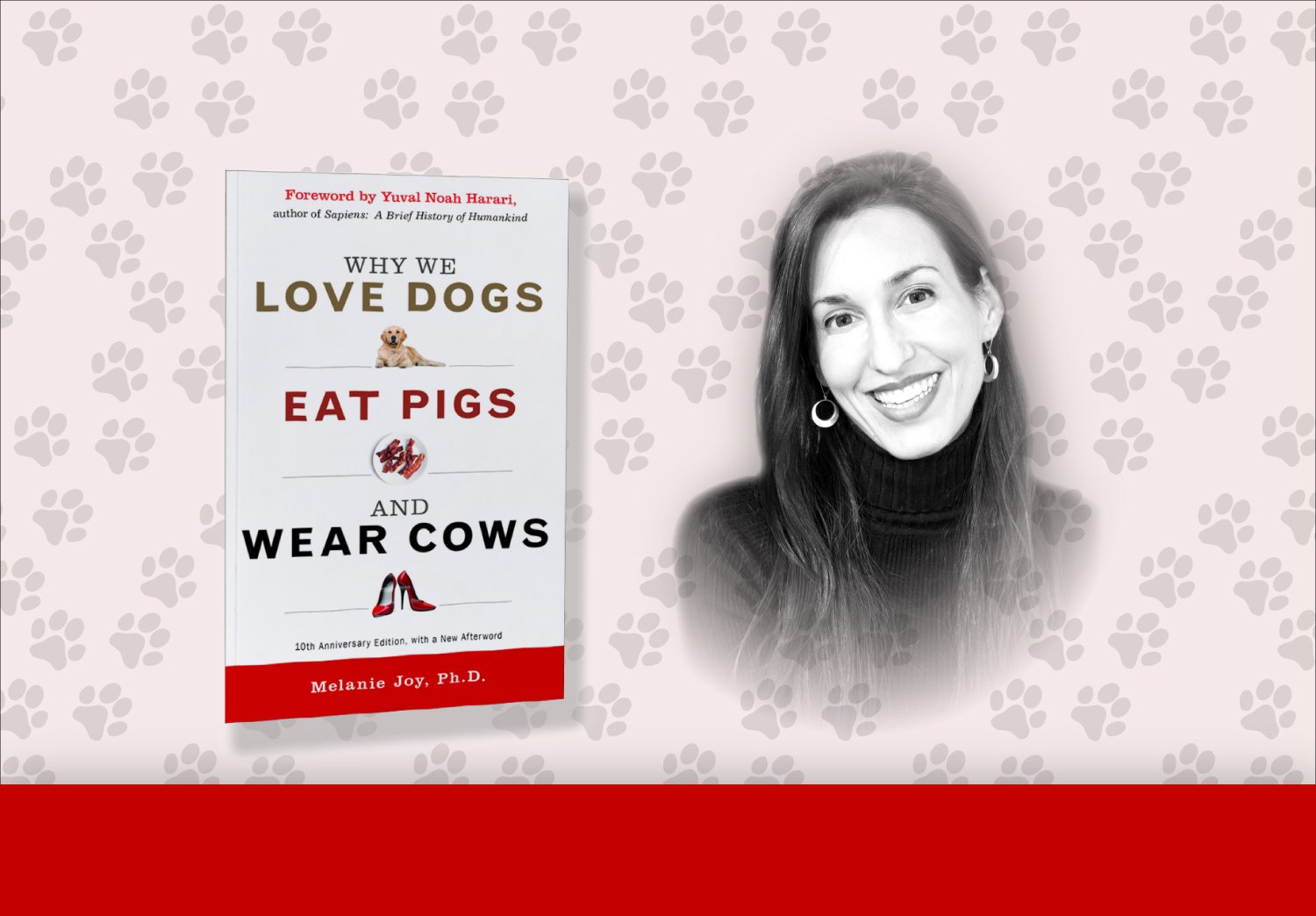Dr. Melanie Joy’s book “Why We Love Dogs, Eat Pigs, and Wear Cows” offers profound insights into the complex relationship between humans and animals, particularly regarding meat consumption.
1. Carnism: Dr. Joy introduces the concept of “carnism,” a belief system that conditions people to eat certain animals.
She explains that carnism operates as an invisible ideology,
shaping individuals’ attitudes, behaviours, and perceptions regarding meat consumption.
According to Dr. Joy, carnism encompasses a set of beliefs, values, and practices that normalize the consumption of certain animals while excluding others from consideration as food.
“
I won’t eat anything that has intelligent life, but I’d gladly eat a network executive or a politician
“
– Marty Feldman
2. Psychological Defense Mechanisms: enable individuals to eat animals while simultaneously caring for some species as pets.
She identifies cognitive dissonance, denial, and compartmentalization as key defence mechanisms that allow people to maintain contradictory beliefs and behaviours without experiencing discomfort.
By employing these defense mechanisms, individuals can justify their consumption of meat while preserving their self-image as caring and compassionate beings.
“
The soul is the same in all living creatures, although the body of each is different
“
– Hippocrates
3. Speciesism: Dr. Joy delves into the concept of “speciesism,” which she defines as the belief in the superiority of one species over others,
particularly humans over non-human animals.
Speciesism leads to the exploitation, oppression, and mistreatment of animals, as it justifies their use for human benefit.
Dr. Joy argues that speciesism is deeply ingrained in societal attitudes and norms,
perpetuating the idea that animals are inferior beings whose interests can be disregarded in favour of human desires.
“
The love for all living creatures is the most noble attribute of man
“
– Charles Darwin
4. Cultural Conditioning: The book explores the role of cultural conditioning in shaping attitudes towards meat consumption.
Dr. Joy explains how cultural norms, traditions, and social institutions contribute to the normalization of carnism,
making it difficult for individuals to question or challenge their dietary habits.
She emphasizes that cultural conditioning plays a significant role in perpetuating speciesism and reinforcing the idea that certain animals are suitable for consumption while others are not.
“
You put a baby in crib with an apple and a rabbit. If it eats the rabbit and plays with the apple, I’ll buy you a new car
“
– Harvey Diamond
5. Empathy and Compassion: Throughout the book, Dr. Joy emphasizes the importance of empathy and compassion in transcending carnism and promoting veganism.
She argues that by recognizing the suffering of animals and extending empathy towards them, individuals can align their actions with their values and choose plant-based diets.
Dr. Joy highlights the interconnectedness of all beings and encourages readers to cultivate compassion not only towards animals but also towards other humans and the planet.
“
Veganism is not a sacrifice, it’s a joy
“
– Gary L. Francione
6. Social Change and Activism: In the final chapters of the book, Dr. Joy issues a call to action for social change and activism in challenging carnism and promoting veganism.
She emphasizes the power of collective action in bringing about meaningful change, urging readers to engage in advocacy efforts, and educate others about the ethical and environmental implications of meat consumption.
Dr. Joy underscores the importance of grassroots activism, community building, and political advocacy in challenging dominant narratives and transforming societal attitudes toward animals and food consumption.
“
I hold that the more helpless a creature, the more entitled it is to protection by man from the cruelty of man
“
– Mahatma Gandhi
Book Trailer of “Why We Love Dogs, Eat Pigs, and Wear Cows”
Quick Summary of “Why we love dogs, eat pigs, and wear cows” book.
-
- “Carnism”, A belief system that normalizes eating certain animals while excluding others.
- Cognitive dissonance allows individuals to consume meat while still caring for animals.
- Speciesism, the belief in human superiority over other species, perpetuates the exploitation of animals for human benefit.
- Cultural conditioning reinforces carnism and justifies the societal norms around meat consumption.
- Empathy and compassion can transcend Carnism and promoting veganism can encourage individuals to align their actions with their values.
- A call to action for social change and activism to challenge carnism, educate others, and create a more sustainable world for all beings.
